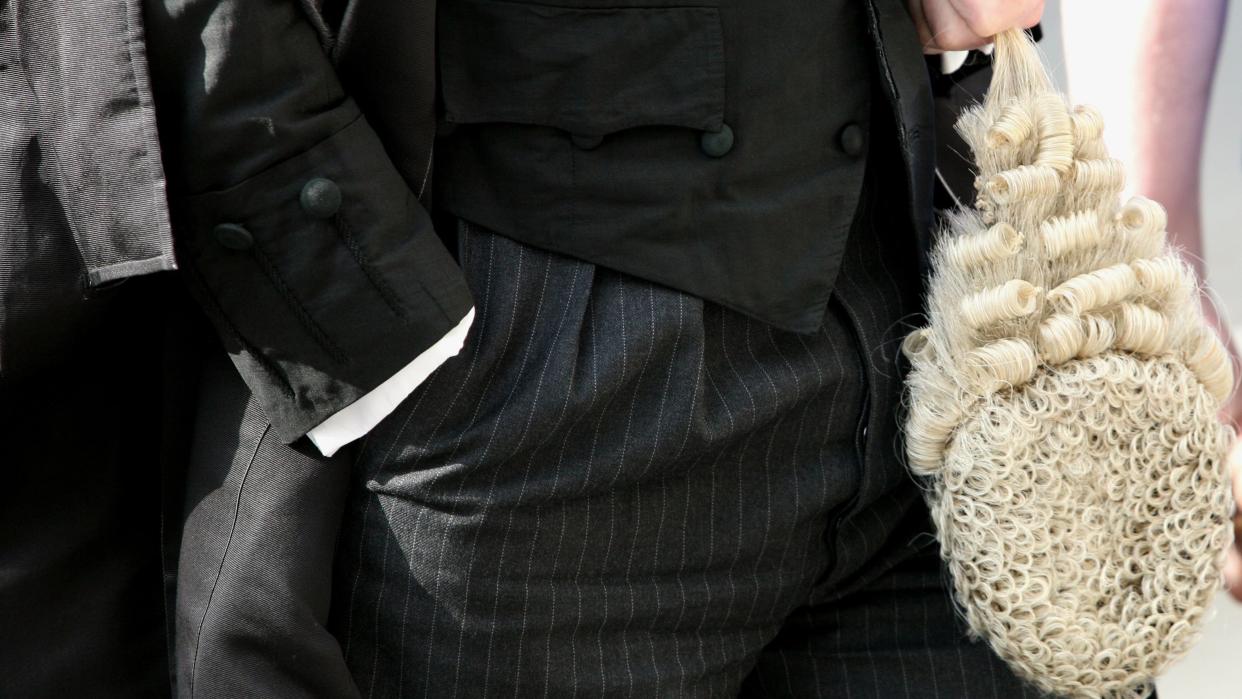Most barristers want to stop prosecuting serious sex offence cases, report finds

Most barristers say they no longer want to take on rape and serious sexual assault cases, a “devastating” Criminal Bar Association (CBA) report has found.
The survey showed 64% of prosecutors and 66% of defence barristers approved to conduct rape and serious sexual offences (Rasso) cases say they will not reapply to the specialist list of accredited Rasso barristers.
The shortage in criminal barristers willing to work on Rasso cases will “accelerate exponentially over the coming years” if efforts are not made to pay them more, the CBA said in its “first ever, wide-ranging survey” of Criminal Bar Rasso barristers.
This comes as the number of backlogged crown court Rasso cases reaches a record-breaking high with 9,792 waiting versus the historic low of 3,005 on December 31 2018, the body representing practising Criminal Bar members in England and Wales said.
The CBA said it has received reports of trial dates being set for the end of 2026 for rape charges made in 2022, and the time from rape charge to the trial’s conclusion has risen 80% over the past five years in cases where the defendant is on bail.
The Criminal Bar provides specially-trained barristers to prosecute and defend Rasso cases, and chairwoman of the CBA Tana Adkin KC, who has spent decades working in the field, said the report was to “understand why we have insufficient numbers of barristers available to conduct these complex and serious cases”.
She said: “Our ability to deliver what government wants, what courts require and the public expects is currently unsustainable.
“Doing nothing to increase Rasso fees is not an option unless we want to accept that rape and serious sexual offence trials will continue to be delayed for years, repeatedly postponed on the day because there is no barrister to prosecute or defend.
“These findings are devastating but sadly not surprising to a Criminal Bar that undertakes the management and presentation of the most traumatic and often explicit and intimate cases you can imagine without fear or favour.
“Rasso cases have been undervalued and underpaid for decades in comparison with other criminal offences.”
In cases where the defendant is on bail, time from a rape charge to the trial’s conclusion has risen from around 10 months to 18 months over the past five years, the CBA said.
As a result, in those cases, an average of five-and-a-half years will pass between the alleged offence and the trial finishing, it added.
The report found that between January and September 2023, 976 Rasso trials were adjourned on the day they were due to start, and one in five of the postponements were because either no prosecution or defence were available.
CBA spokesperson James Rossiter said: “The loss of people doing Rasso work has accelerated beyond the point of return at the moment, we know that shortages have increased since September, if not accelerated.
“It’s a crisis that’s only going one way, the ultimate losers for any inaction are complainants who are in miserable trauma and defendants in limbo unable to get on with their lives – justice is not just denied, it causes untold misery for everyone concerned.”
He added the CBA had received reports of complainants self-harming and defendants dying or becoming unfit to stand trial during the years-long wait times.
The report, completed by 780 criminal barristers, found poor fees were found to have caused 46% of barristers to take on less Rasso work.
The basic CPS rate to prosecute rape is £1,875, while fraud and dishonesty cases over £100,000 would earn a prosecutor £2,254, Mr Rossiter said, adding the typical time spent on a case is between 100 and 200 hours.
Meanwhile 32% of surveyed barristers told the report they took a step back due to their wellbeing, and 42% to difficulties with listings.
Only 246 of surveyed criminal barristers confirmed they will prosecute Rasso cases in the future.


